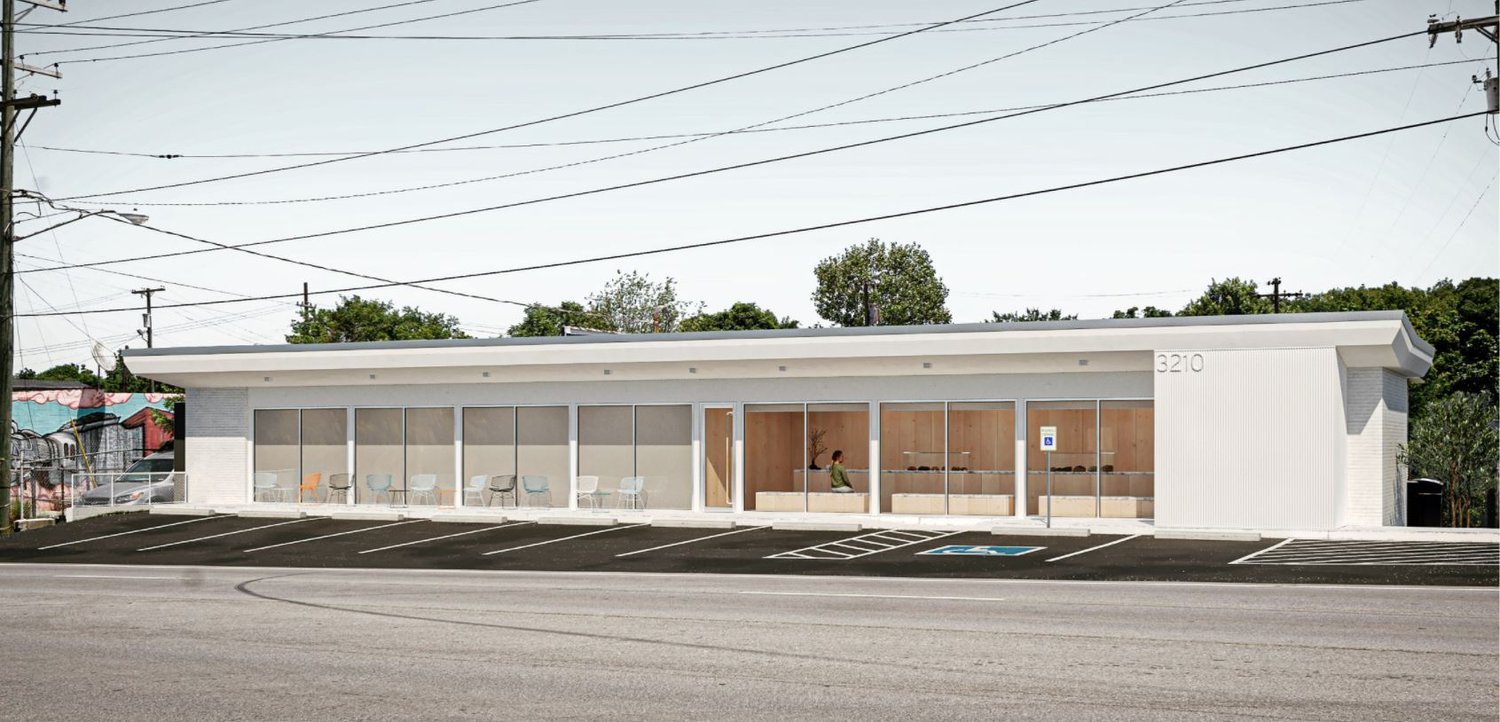How High Interest Rates Impact Commercial Real Estate
High interest rate environments can have a significant impact on the commercial real estate market.
After all, most investors utilize leverage to increase their returns and an increase in borrowing costs makes that leverage more expensive for developers and investors, which decreases potential returns and, therefore, demand for new projects.
Here’s how high interest rates impact the commercial real estate market.
Investor Demand Slows
When interest rates rise, it becomes more expensive for investors to borrow money to build or purchase properties. This increase almost certainly leads to a slowdown in the construction and development of new properties because developers may become hesitant to take on the added financial burden and project risk that higher interest rates bring.
Additionally, high interest rates also make it more expensive for investors to borrow money to acquire new assets, which leads to a slowdown on that front, too. Think about it - all things being equal, every dollar returns less in a deal when your debt payments are more expensive.
So, that leads to….
Decreasing Property Values
Investors have a specific yield or cash on cash return target that they need to hit when they’re investing in commercial properties.
If interest rates increase, the only other lever that can be pulled for them to hit those returns is a decrease in property values. There is typically less demand for properties because of these increased borrowing costs, fewer new properties going under construction, and fewer buyers competing on these deals, causing a shift from a seller’s market to a buyer’s market.
Those buyers that are able to work with these challenges can find opportunities with sellers seeking to exit their deals in the short-term and negotiate better sales prices.
The way we’re looking at it, see if the deal can make sense with where interest rates are today and plan for a refinance as soon as your borrowing costs come down.
That doesn’t mean you should overextend yourself with the hope that interest rates will decrease, because you don’t want to put yourself into a bad position, but there could be some good opportunities there.
Focus on Cash Flow and The Fundamentals
To help mitigate any potential negative impact on your investments from high interest rates, you may want to focus on properties that generate more stable cash flow, such as properties that are leased to creditworthy tenants or are at higher cap rates and can cover that interest rate spread.
It’s also best to consider properties located in markets with stronger economic fundamentals, as these areas tend to be more resilient to market swings and downturns.
As a commercial real estate investor, it’s important that you keep an eye on the overall economic climate and interest rate projections from the Federal Reserve. If it seems like interest rates are expected to remain high for an extended period of time, it can shift how you underwrite these deals to generate your returns. Many investors tend to underwrite based on the previous twelve months instead of the last ten years, which can give you a skewed view of how the market should perform.
Don’t forget that commercial real estate is a long-term game and you’ll be able to weather these short-term fluctuations.
Commercial Property Investments Depend on Interest Rates
Interest rates have a significant impact on commercial real estate markets, whether they’re high or low.
When interest rates are higher, investors can expect to see slower growth fundamentals and potentially lower property values during these times due to decreased cash flow opportunities.
However, by being intentional about acquiring properties that generate stable cash flow and are located in markets with strong economic fundamentals (which you can find here from Urban Land Institute), you may be able to mitigate any potential negative effects, at least in the short-term, of increased debt service.








Flex space has emerged as one of the most dynamic and lucrative opportunities in commercial real estate. With the rise of hybrid work models, e-commerce fulfillment centers, and businesses seeking adaptable leasing options, investors and property owners are increasingly turning to flex space as a viable asset class. Whether you’re an experienced investor looking to diversify your portfolio or a newcomer eager to break into commercial real estate, understanding the fundamentals of flex space is crucial for long-term success.
In this guide, we’ll walk through the essential steps to getting started in flex space investing—from understanding market demand and selecting the right property to financing, leasing strategies, and long-term management. With the right approach, flex space can offer high returns, consistent occupancy, and an opportunity to future-proof your real estate investments.